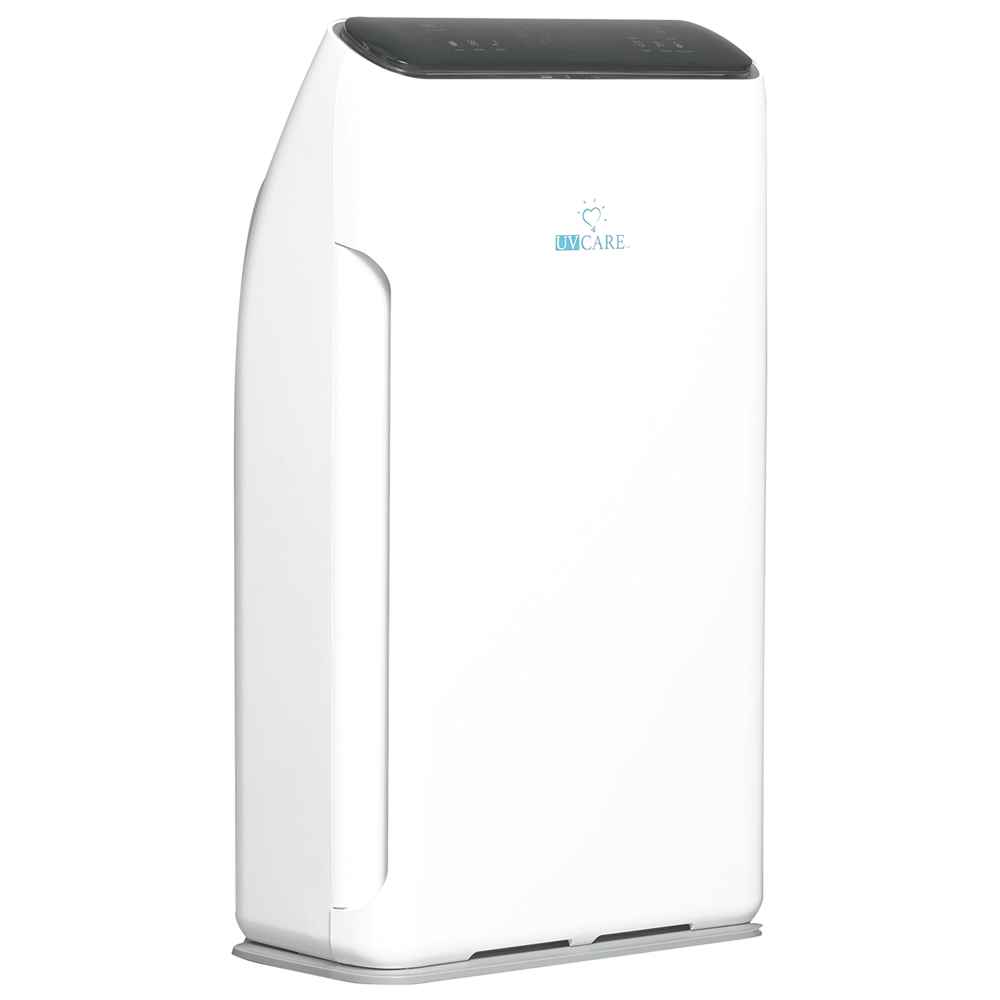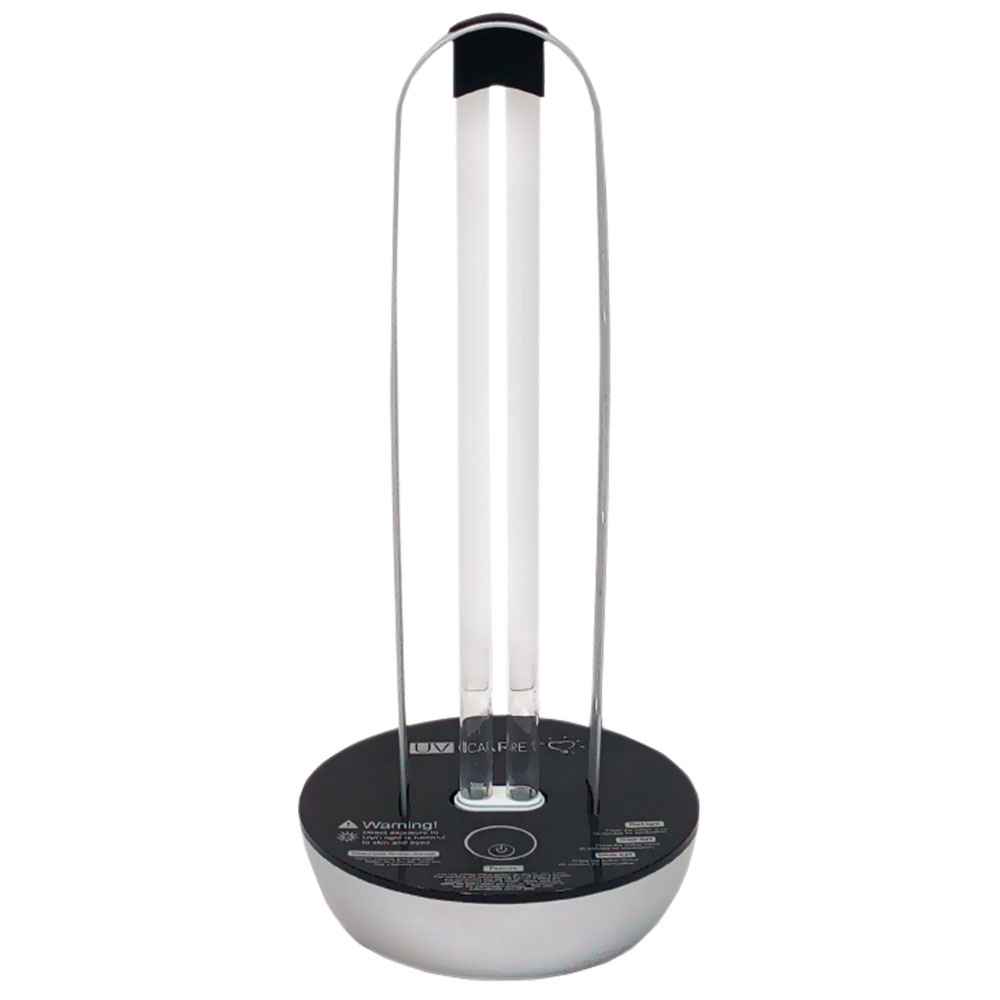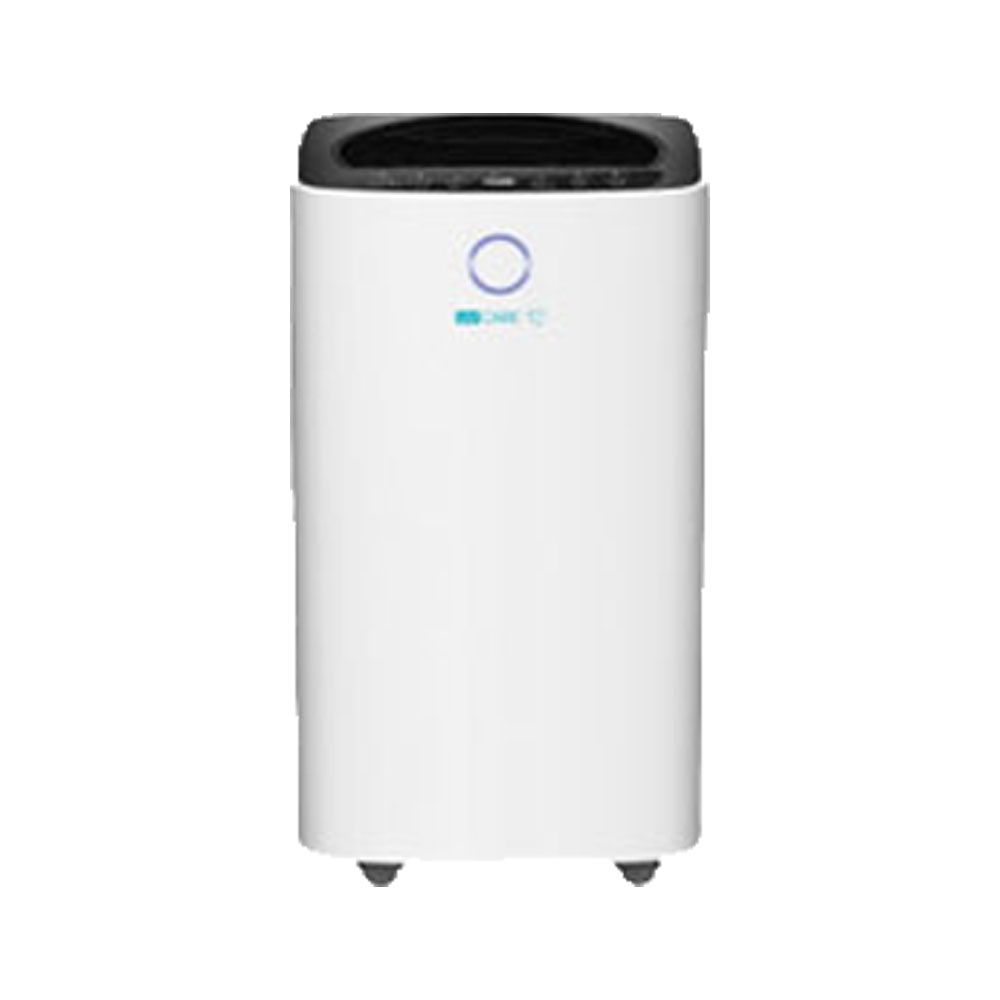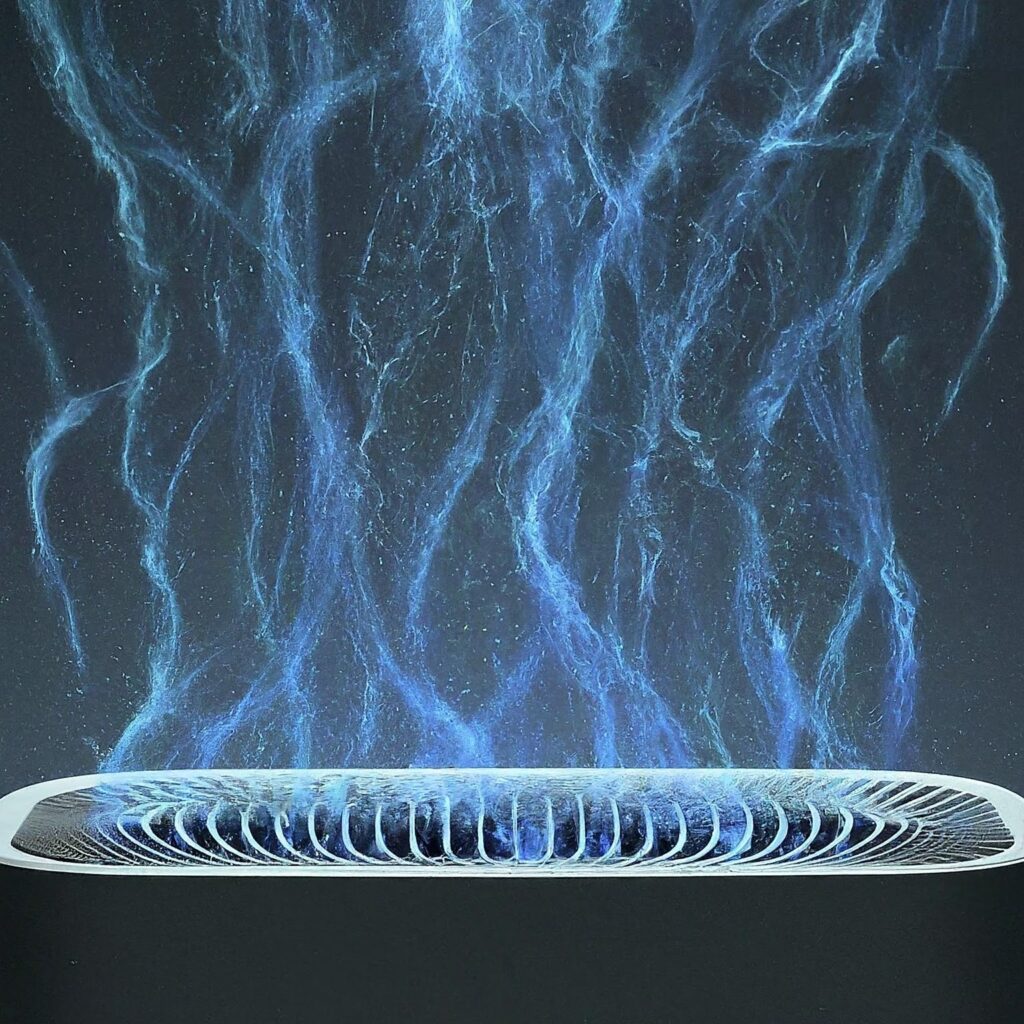
Understanding Pertussis

Role of Air Purifiers
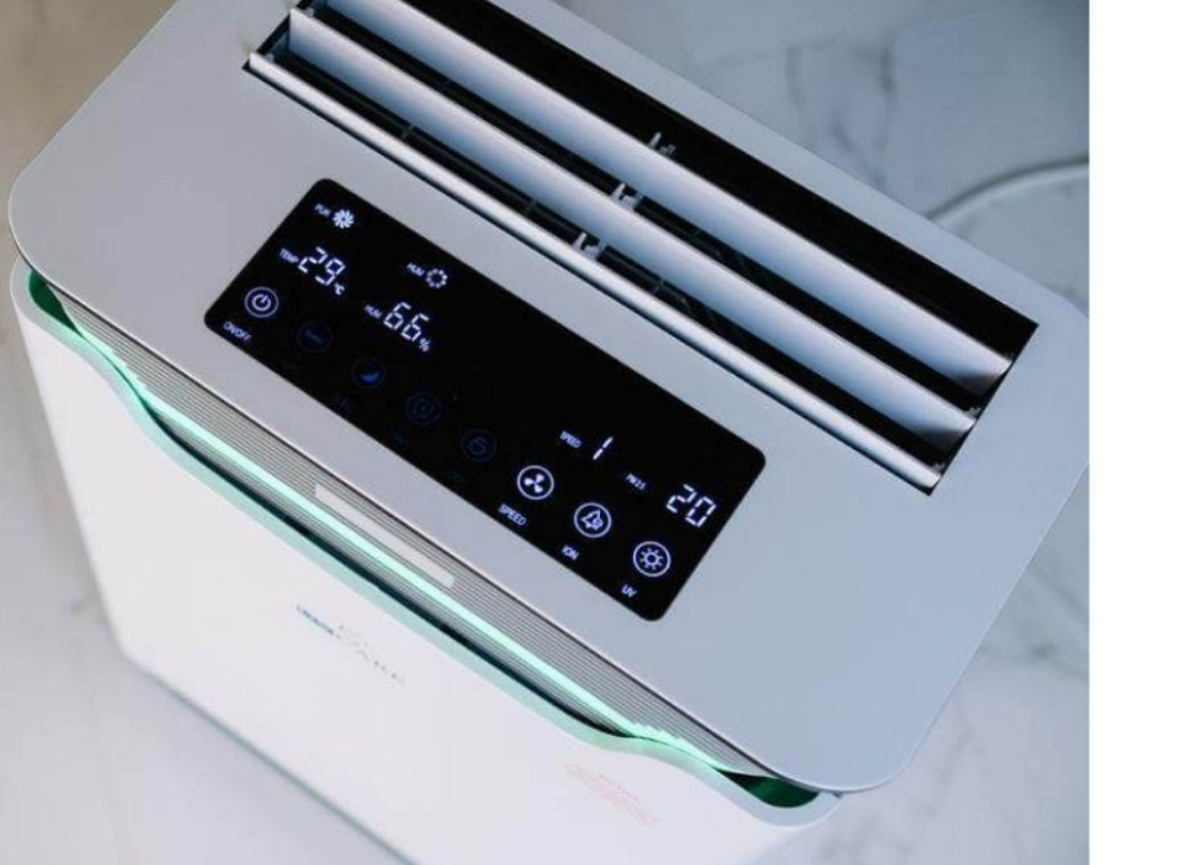
Key Features to Look for in Air Purifiers:
- HEPA Filters: High-Efficiency Particulate Air (HEPA) filters are highly effective at capturing particles as small as 0.3 microns, making them ideal for trapping bacteria and viruses, including the pertussis bacterium.
- Activated Carbon Filters: Activated carbon filters excel at removing odors, gases, and volatile organic compounds (VOCs) from the air, providing an added layer of protection against airborne contaminants.
- UV-C Light: Some air purifiers incorporate ultraviolet (UV) germicidal irradiation, which can destroy the DNA of bacteria and viruses, including Bordetella pertussis, rendering them unable to reproduce and cause infection.
- Air Exchange Rate: The air exchange rate refers to the number of times per hour that an air purifier can filter the entire volume of air in a given space. Opt for purifiers with higher air exchange rates, especially in larger rooms or areas with higher occupancy.
FAQs: Your Burning Questions Answered!
Q: Are air purifiers effective against pertussis?
A: Yes, air purifiers equipped with HEPA filters can effectively capture airborne particles carrying the pertussis bacterium, reducing the risk of transmission in indoor environments.
Q: Can air purifiers completely eliminate pertussis from indoor air?
A: While air purifiers can significantly reduce the concentration of pertussis bacteria in the air, they may not completely eliminate the risk of infection, especially in settings with poor ventilation or high levels of contamination.
Q: Do I need to run the air purifier continuously to prevent pertussis transmission?
A: For optimal protection against pertussis and other airborne pathogens, it is recommended to run the air purifier continuously, especially in spaces where close contact with potentially infected individuals is unavoidable.
Q: Can air purifiers replace other preventive measures, such as vaccination and good hygiene practices?
A: Air purifiers should be viewed as a complementary measure to existing preventive strategies, including vaccination, frequent handwashing, and proper respiratory etiquette. Combining multiple interventions can significantly reduce the risk of pertussis transmission.
Conclusion
In conclusion, air purifiers equipped with HEPA filters can be effective tools in reducing the risk of pertussis transmission in indoor environments. By continuously filtering the air and removing airborne particles carrying the pertussis bacterium, air purifiers can contribute to creating safer and healthier indoor spaces. However, it’s essential to recognize that air purifiers should be used in conjunction with other preventive measures to achieve comprehensive protection against pertussis and other infectious diseases.
Suggested Products
Britannica, T. Editors of Encyclopaedia (2024, January 10). whooping cough. Encyclopedia Britannica. https://www.britannica.com/science/whooping-cough
World Health Organization – Pertussis
https://www.who.int/health-topics/pertussis#tab=tab_1

